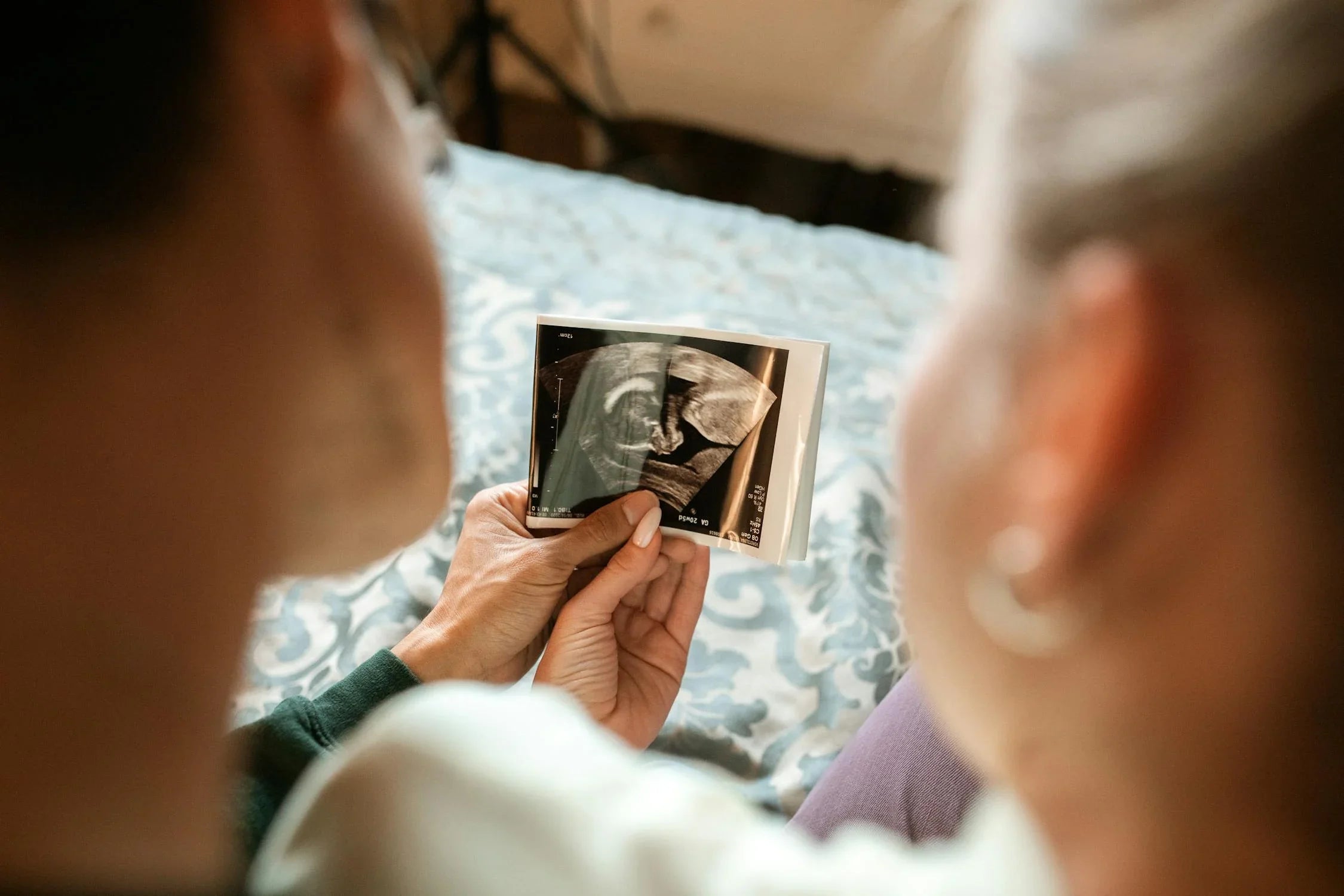Accueil
Pregnancy, Breastfeeding, and Pumping: The Ultimate Guide for Moms
How Soon Take Pregnancy Test After Intercourse: A Comprehensive Guide

How Soon Take Pregnancy Test After Intercourse: A Comprehensive Guide
When it comes to determining pregnancy, timing is everything. Many individuals wonder, 'How soon can I take a pregnancy test after intercourse?' The answer isn't as straightforward as one might think. This article delves into the science of pregnancy testing, the factors that influence accuracy, and the best practices for obtaining reliable results.
Understanding the Basics of Pregnancy Testing
Pregnancy tests work by detecting the presence of human chorionic gonadotropin (hCG), a hormone produced by the placenta shortly after a fertilized egg attaches to the uterine lining. The level of hCG increases rapidly in the early stages of pregnancy, doubling approximately every 48 to 72 hours.
When to Take a Pregnancy Test After Intercourse
The timing of when to take a pregnancy test after intercourse depends on several factors, including the length of your menstrual cycle, the day of ovulation, and the sensitivity of the test. Generally, it is recommended to wait until after you have missed your period to take a pregnancy test for the most accurate results. However, some highly sensitive tests can detect hCG levels as early as 7 to 10 days after ovulation.
Factors Affecting the Accuracy of Pregnancy Tests
Several factors can influence the accuracy of a pregnancy test, including the timing of the test, the concentration of hCG in your urine, and the quality of the test itself. Taking a test too early can result in a false negative, as the hCG levels may not yet be high enough to detect. Conversely, certain medical conditions or medications can lead to false positives.
Best Practices for Taking a Pregnancy Test
To ensure the most accurate results, follow these best practices when taking a pregnancy test:
- Use your first-morning urine, as it is typically more concentrated and contains higher levels of hCG.
- Read the instructions carefully and follow them precisely.
- Wait the recommended amount of time before reading the results.
- If you receive a negative result but still suspect you may be pregnant, wait a few days and test again.
Interpreting the Results
Interpreting the results of a pregnancy test can sometimes be confusing. A positive result typically indicates pregnancy, while a negative result suggests that you are not pregnant. However, it's important to consider the timing of the test and any potential factors that could affect its accuracy. If you have any doubts or concerns, consult a healthcare professional for further evaluation.
What to Do After a Positive Test
If you receive a positive pregnancy test result, the next step is to confirm the pregnancy with a healthcare provider. They can perform a blood test or ultrasound to confirm the pregnancy and provide guidance on prenatal care. Early prenatal care is crucial for the health of both the mother and the developing baby.
What to Do After a Negative Test
A negative pregnancy test result can be disappointing, especially if you are trying to conceive. If you continue to experience symptoms of pregnancy or miss your period, consider retesting after a few days. If you have concerns about your fertility or menstrual cycle, consult a healthcare provider for further evaluation and support.
Emotional Considerations
Taking a pregnancy test can be an emotional experience, regardless of the result. It's important to acknowledge and process your feelings, whether they are joy, disappointment, or uncertainty. Seek support from loved ones or a mental health professional if needed.
Conclusion
Understanding how soon to take a pregnancy test after intercourse is essential for obtaining accurate results. By considering the timing, following best practices, and interpreting the results carefully, you can make informed decisions about your reproductive health. Remember, if you have any doubts or concerns, consult a healthcare professional for guidance.
Taking a pregnancy test is a significant step in your reproductive journey. Whether you're hoping for a positive result or preparing for the next steps after a negative one, understanding the process can help you navigate this important time with confidence. Stay informed, take care of your emotional well-being, and seek professional support when needed. Your health and peace of mind are worth it.
Partager
